We recently connected with Robyn Robichaud and have shared our conversation below.
Robyn, thanks for taking the time to share your stories with us today Was there a moment in your career that meaningfully altered your trajectory? If so, we’d love to hear the backstory.
I’d say the defining moment for my business had to be the 2020 tornado and pandemic. Right before quarantine rollouts began, Nashville was hit by a major tornado that took many small businesses, including my main job, High Garden, a local tea and herbal shop. It was a stressful and scary place to be. I needed some form of income, but going back into public facing customer service jobs felt terrifying in the early days of the pandemic when we didn’t really understand the virus yet, or have the protections of vaccines. I had already been dabbling with making my own herbal tinctures and teas for friends mostly, and even though herbs aren’t a cure for viruses I had learned enough to know that we could use herbal wellness support to nourish and protect our bodies now more than ever. I would post available herbal goods I was making on Instagram, while also offering custom blends for a variety of conditions unique to each individual person. I started to deliver them around town in my car or ship to folks in other states, and I developed a sliding scale and trade based payment system (inspired by the numerous Black and Indigenous mutual aid organizers I was following on Instagram doing a lot of amazing work that was finally getting some spotlight in 2020) to help out anyone else also having a tough time financially. Even while making my products affordable, many folks were willing to not only get the word out but pay higher on the scale, and it allowed me to be accessible, and put money back into my business growing it to the place it is now, still a ways to go, but a lot more established, and with plenty of tinctures and supplies to make lines of products that I’m formulating currently. It taught me that taking the leap is worth it even when scary things are happening internally and/or externally, and that community will hold you and lift you up to new supported and successful places. I also learned that I can operate a business in a less traditional sense, make it more accessible to everyone no matter where they’re at, and it’s sustainable and something I can be proud of building.
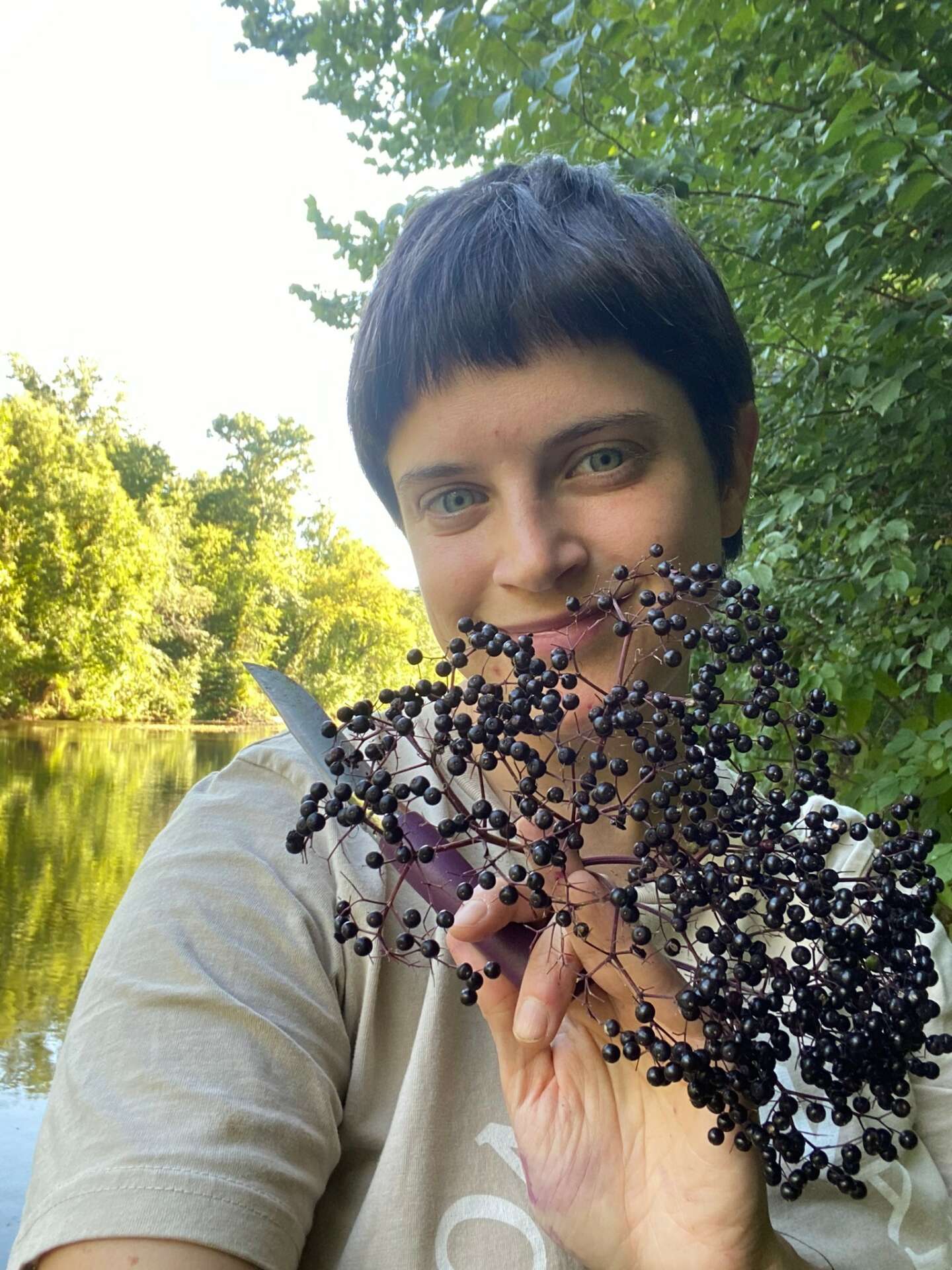
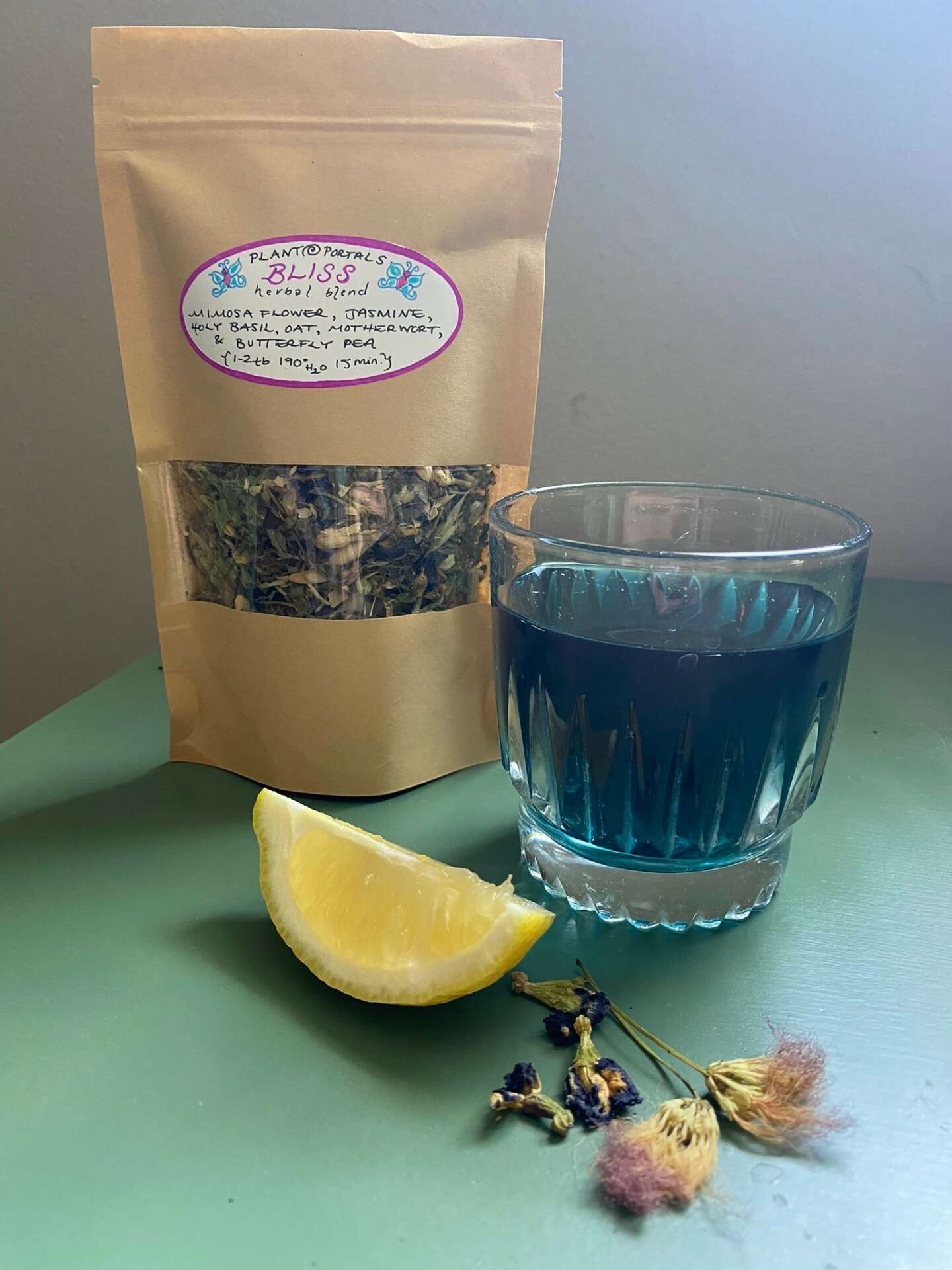
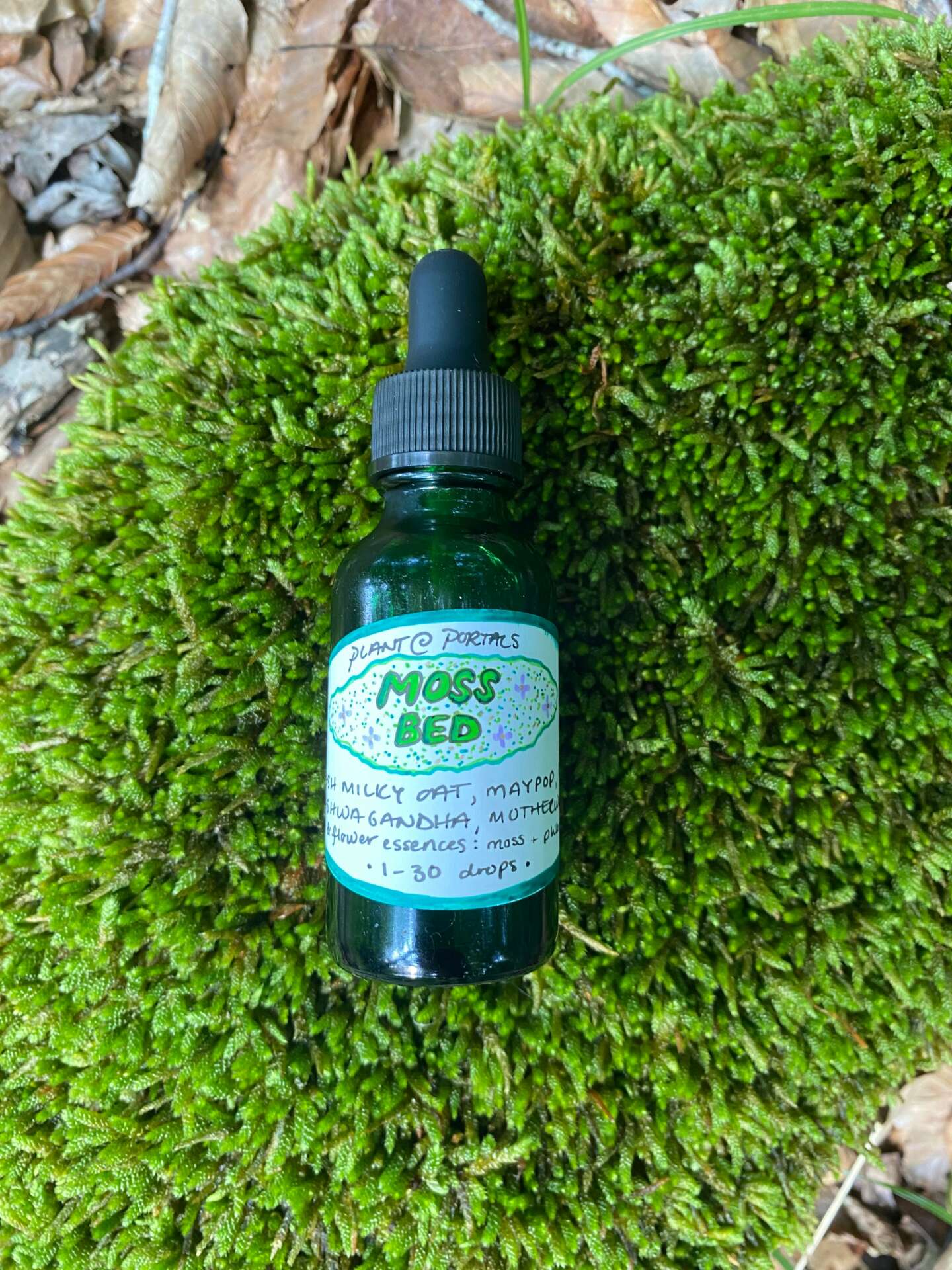
Robyn, before we move on to more of these sorts of questions, can you take some time to bring our readers up to speed on you and what you do?
I’m a community herbalist, herb gardener, forager, and plant witch who operates under the name Plant Portals. What started out as a practice of making herbal tinctures for myself and friends, has become a business and devotional practice to both my community and the plants. I now offer a variety of products and services from herbal tinctures, essences, and teas; to burning bundles; to plant spirit divination readings; and even individual herbal consultations. I act as the in-between for plants and people, hoping to connect folks to herbs that will nourish their bodies, minds, and spirit. Every plant is as unique as every person, so I gather as much detail as possible from folks’ experiences to guide them to herbal allies that best match their needs. I am also endlessly learning the subtle ways the Plants themselves are trying to communicate, and putting that into my work. I am probably most proud of my transition from a strictly scientific western herbalism approach to a more folk, respectful, and intuitive practice. While both have their place, I started out simply assigning herbs to symptoms without looking at the bigger picture of societal conditions like the various oppressions marginalized communities face or how the plants themselves and land growing them were being treated. Western herbalism has historically and unfortunately taken indigenous knowledge without credit, leading to profits and power for individuals that capitalize on it, and nothing for the communities that built and shared the knowledge originally. After learning directly from Black, Indigenous, queer, transgender, and disabled activists online, taking a community herbalism course with Amanda David of Rootwork Herbals, and reading books on reciprocal indigenous land and harvesting practices like Braiding Sweetgrass by Robin Wall Kimmerer, I have radically shifted my practice to one centered on accessibility and community care informed by those who have stewarded and built relationships with the land and plants. I now not only aim to get to the root of ailments folks face for a more holistic approach and offer accessible sliding scale pricing for marginalized folks, but I try to take great care in both harvesting the plants, working with the land, and being as respectful as possible to the people I work with. I’ve found and learned through the greater community of those who love and respect plants, that our collective wellness takes community care on all fronts and levels for all beings involved, both human and non-human.
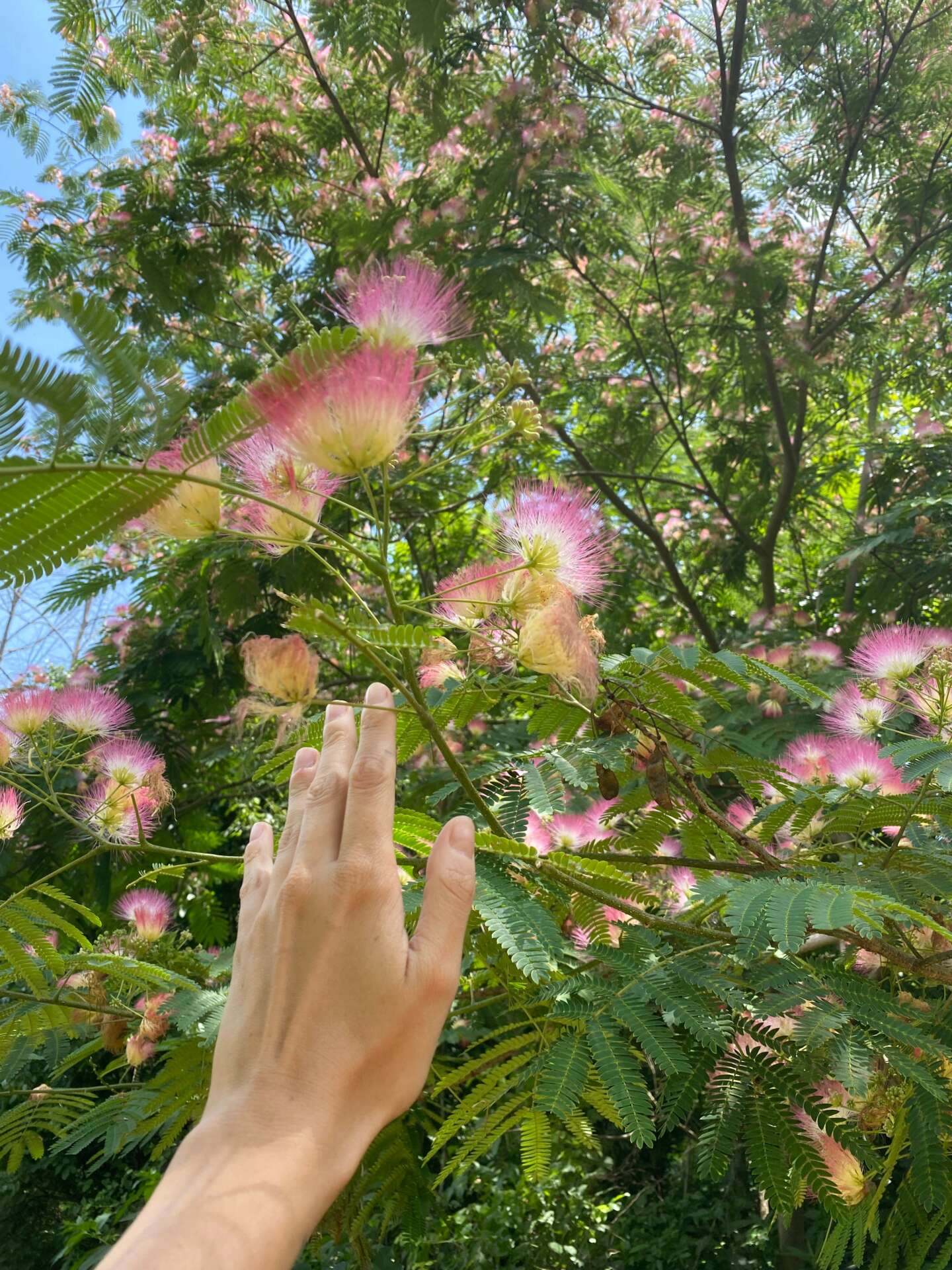
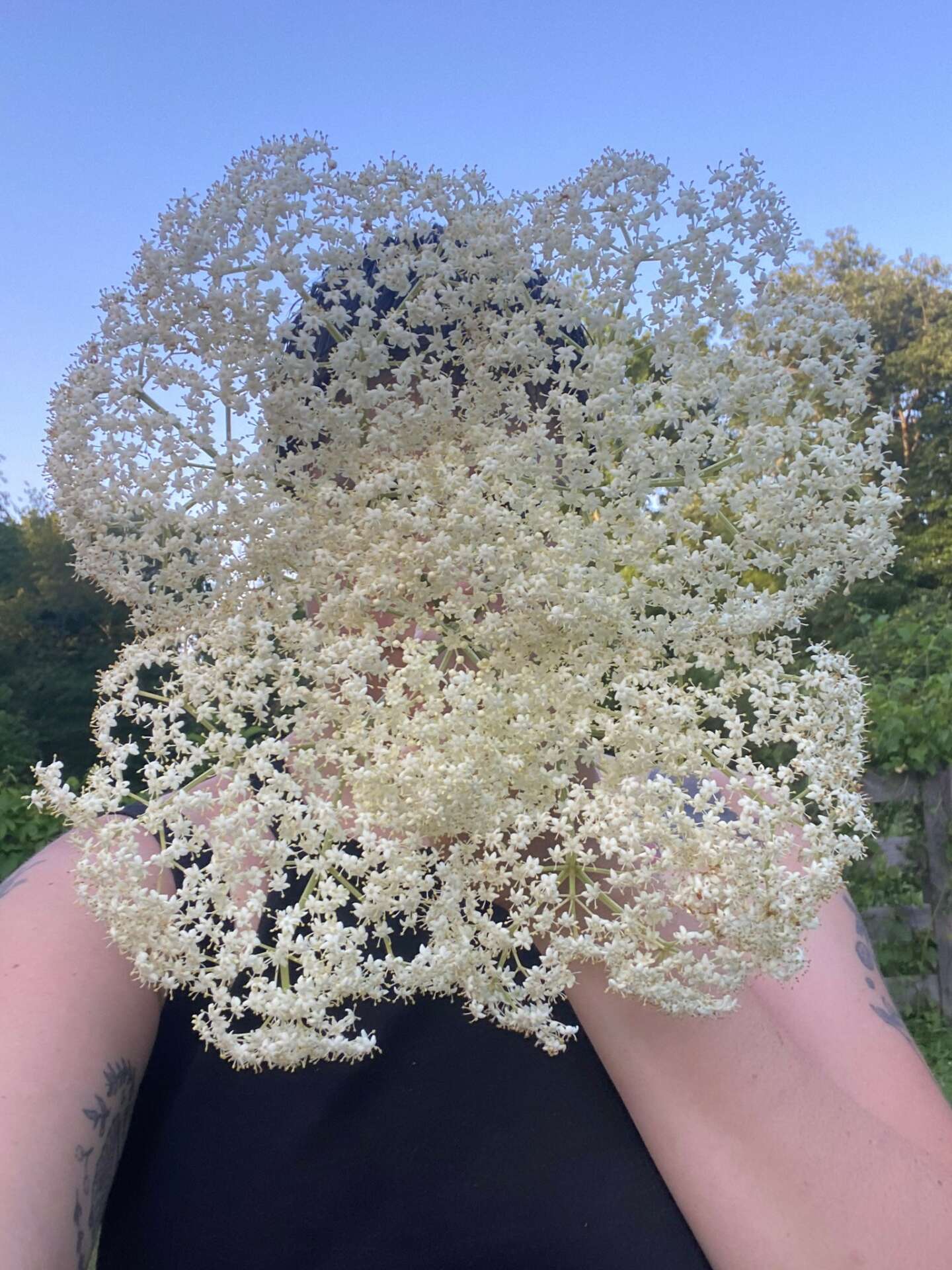
Training and knowledge matter of course, but beyond that what do you think matters most in terms of succeeding in your field?
The most helpful tool I’ve learned for being a community herbalist by far, is to meet the plants and build respectful relationships with them. You can take all the classes and read all of the books in the world, but I have found there is no replacement to spending time with the plants themselves. From going out to forage and sitting with the plant first, to growing the herb yourself from seed or start, or simply engaging in the ritual of making an herbal tea with one herb at a time, the more time you spend with the actual plants, the more they start to speak to us in a variety of ways. Like any relationship, this takes time and care, but the more you get to know them, the more they get to know you, trust is built, our bodies learn to work with them, and we begin to receive insights. My other advice is finding teachers that not only care and advocate for plants and land but for all people, I’ve found I’ve learned the most from folks who not only work with a diverse array of plants and fungi but people too.
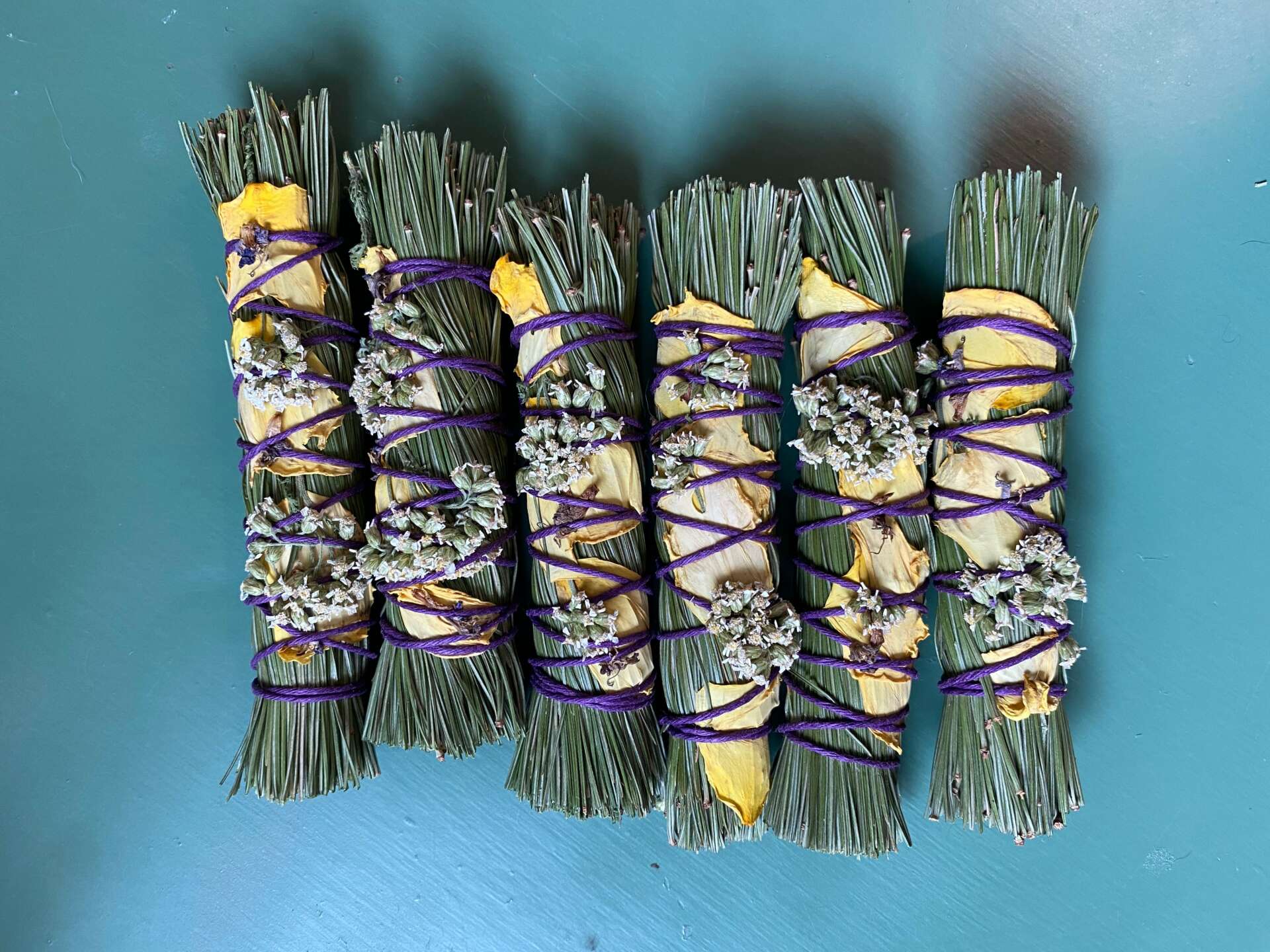
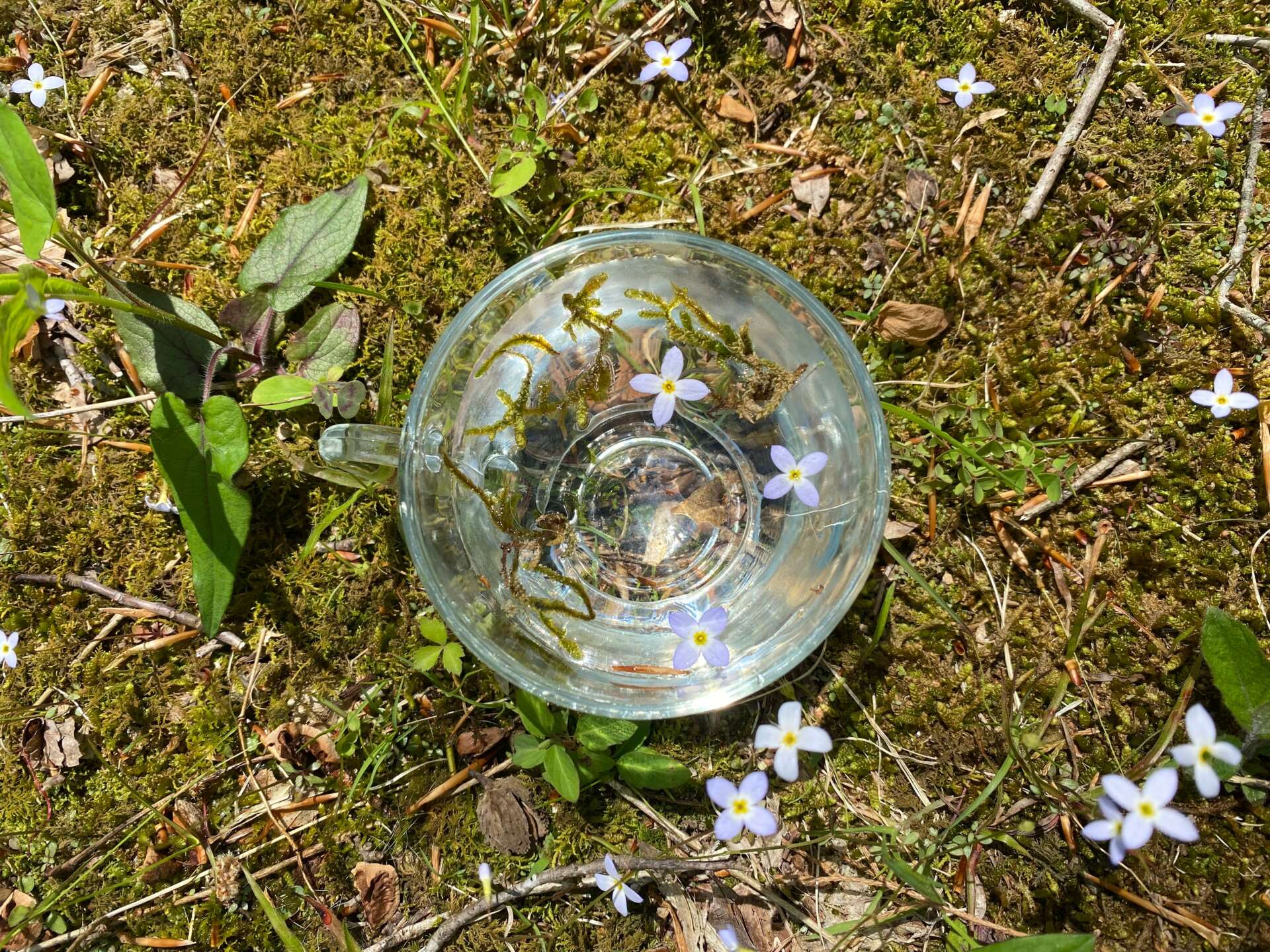
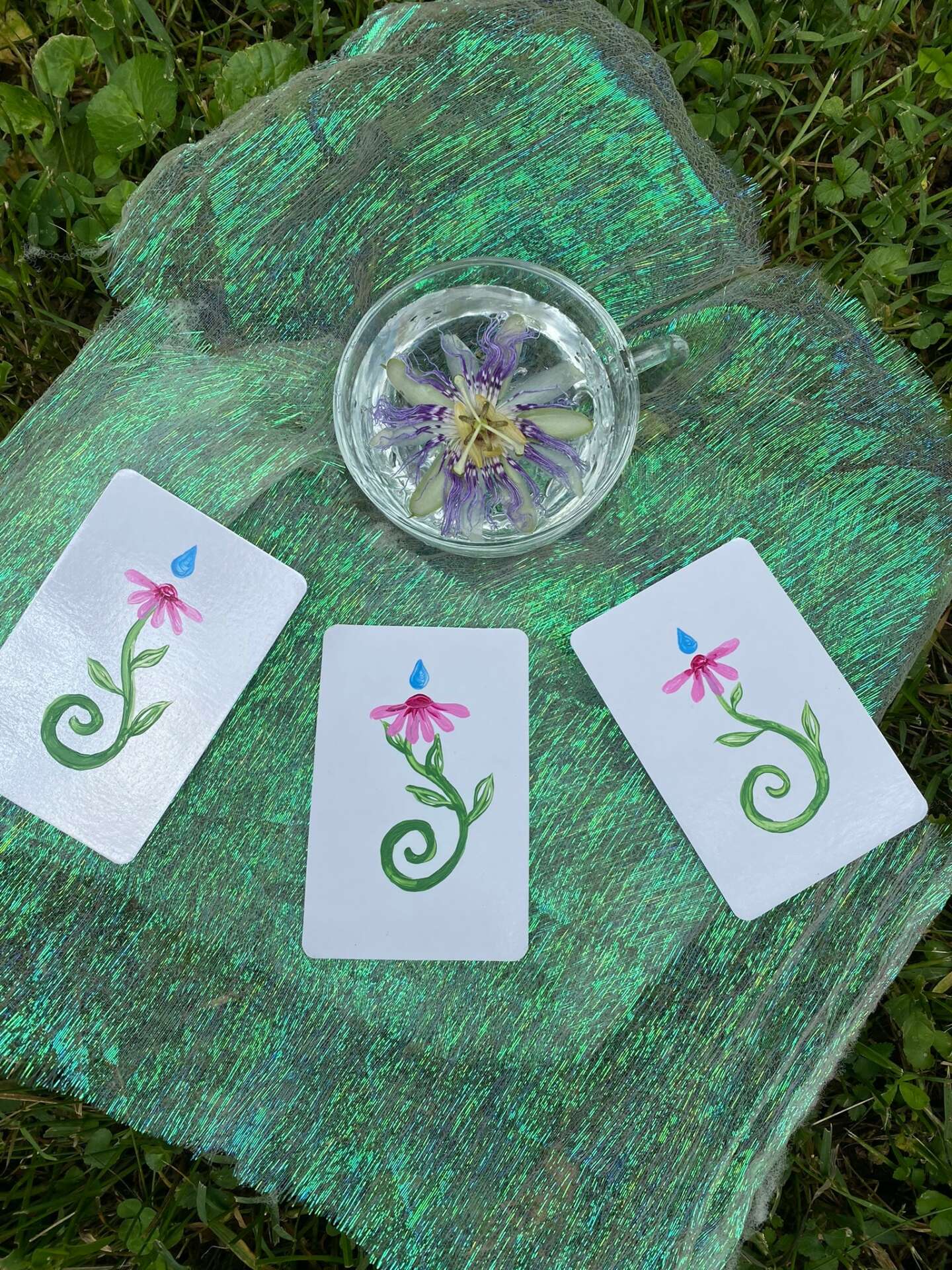
How’d you build such a strong reputation within your market?
I think what really helped build my reputation, besides an amazing network of friends and community, was honesty about my practice. I don’t and will never claim to be an expert, there is endless knowledge to learn in all fields, and humility goes a long way especially for a business. With social media and capitalism we can easily get caught up in the performance of trying to be flashy, attractive, and likeable, and often your actual product or service takes a backseat to that. I try to let people know I’m human and I’m still learning too. It helps build trust and make room for mistakes. I want to be as authentic as possible while still making quality and cute products. I try to let care take the front seat, and let everything else follow. There’s no shame in a beautiful product, but how it’s made and created should be just as valued, so I lean into that. Not everyone is here for that, but that’s okay with me. It has let me build relationships with people who appreciate my time and efforts, and let me take the space to put more care into whatever I create.
Contact Info:
- Instagram: @plant_portals
- Other: [email protected]
Image Credits
First photo portrait is by Emily Allen (@emdashphotos) Emdashphotos.com


